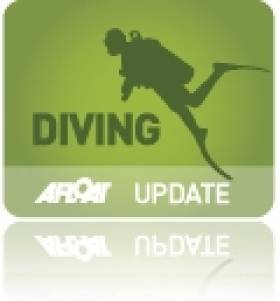Displaying items by tag: Rondo
Rondo Wreck Visit Reminder of Diving's Dangers
#Diving - With the Lusitania back in the news, Ireland's wealth of interesting diving sites are bound to draw attention this summer.
But it's worth remembering how dangerous an activity wreck diving can be - as Gizmodo reader Magicguppy relates in a special column for the tech news website.
He recalls his first ever shipwreck dive in September 2006, to the remains of the Rondo beneath the Sound of Mull in western Scotland.
"Used as a passage for shipping for centuries, it had a certain reputation for wrecking ships — even in 1935," writes Magicguppy, who goes on to depict in vivid detail how the ship went down, not to mention how the danger persists today for those who want to get close to the wreckage:
"The surface current swept my dive buddy and I towards the buoy. I turned and saw it gunning down on me. Grabbing the rope under the buoy, I signalled to my buddy.
"I knew that we had to get down below the current, and if we let go, even for a second, we wouldn’t be able to fight the current and get back onto the rope. My buddy agreed: Time to dive."
Gizmodo has much more HERE. But be warned - some of the gruesome descriptions in this story are not for the faint of heart!






























































